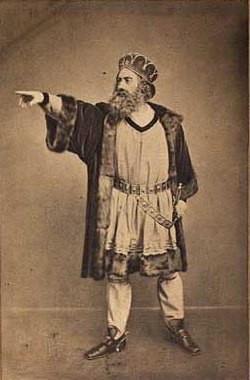Keith Humphreys proposes that great Hollywood dialogue has been in decline for a long time. He mentions Sorkin and the Coen brothers as exceptions.
Sorkin's dialogue has always irritated me. I've never been quite able to put my finger on it, and I'm not dextrous enough with my understanding of writing to properly critique it. There are many styles of dialogue, and I suppose you could define a spectrum with realism on one end and - here my ignorance limits me - a sort of heavily laden, poetic, - I'll just call it the "expository style", in which the character is as much a sort of avatar for larger expression. I don't mean to demean it as a reduction to exposition in the classic sense, but rather as a style that is exposing some idea, or emotion, or otherwise narrative that would not be conveyed by mere realism. I'm not opposed to this. In great hands it is sublime, if demanding of the audience. Many of Shakespeare's character's I imagine represent the ultimate form of this sort of character-as-vessel style.
At the other end, realism allows for an intimacy and immediacy that can transcend its limitations and capture as much if not more poetry and truth. As a style it also seems to work so much better on film, as close-ups and environmental realism allow us to develop so much more intimacy and transported experience. A Shakespearean or Sorkin soliloquy isn't ever going to reach places that the audience can be taken to through the sensory richness and purely subjective experience of something like getting the gesture of a hand just right as it nervously taps out a cigarette, or the protagonist's solemn commute in the front seat of a deteriorating station wagon. Dialogue in such settings needs to not get in the way of what is being conveyed elsewhere in the film - the set, the light, the costume, the acting, etc.
In the end, I may just prefer realism more than the "exposition style". But this may owe more to it being done well less often. And I think when it fails it does so miserably. It comes off as forced and clunky, or, worst of all, clumsily representative of the writer's own pedantic narcissism, baldly scoring points through the characters' showy demonstration of wit, audacity, brilliance, or some other superlative skill carefully slaved over line by line, yet flowing from the actor as if the most natural thing in the world. I felt this way about Juno, and about The West Wing. The former in the character's precocious rebellion, the latter in wonk after wonks' wankery.
If ambitious dialogue has been in decline, I wonder why? Have we - our tastes - changed? Has the medium's change contributed. Plenty out there would have much more interesting to say than I. It's a fascinating question.

No comments:
Post a Comment